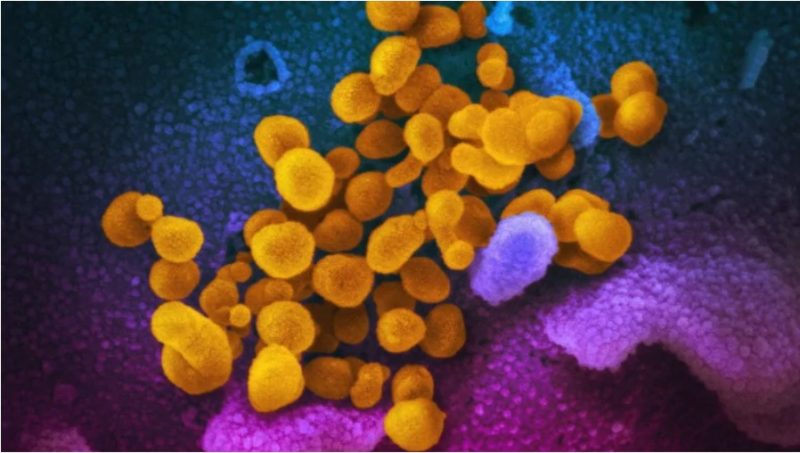
(Bartley Kives/ CBC News) — COVID-19 appears to be infectious only for the first eight days after patients experience symptoms, Winnipeg researchers conclude in a study that, if confirmed by further work, could have implications for the way the disease is treated, isolated and prevented.
In the largest study of its kind so far, researchers from the National Microbiology Laboratory, Cadham Provincial Laboratory and the University of Manitoba looked at nasal or throat samples from 90 Manitobans who tested positive for COVID-19 from March 12 to the first week of April.
All of the samples came from patients who were confirmed to be infected with SARS-CoV-2, the virus that causes COVID-19, through polymerase chain reaction (PCR) testing, the most common means of diagnosing the disease around the world.
This type of test extracts a small amount of genetic material and then copies it into quantities that can be more easily identified. The Winnipeg researchers used the same samples to try to grow more of the virus in cell cultures. They succeeded with 26 of the samples, or 29 per cent in total.
There was no viral growth whatsoever in samples taken from patients more than eight days after they became symptomatic, according to study findings published Friday in the peer-reviewed journal Clinical Infectious Diseases. (…)